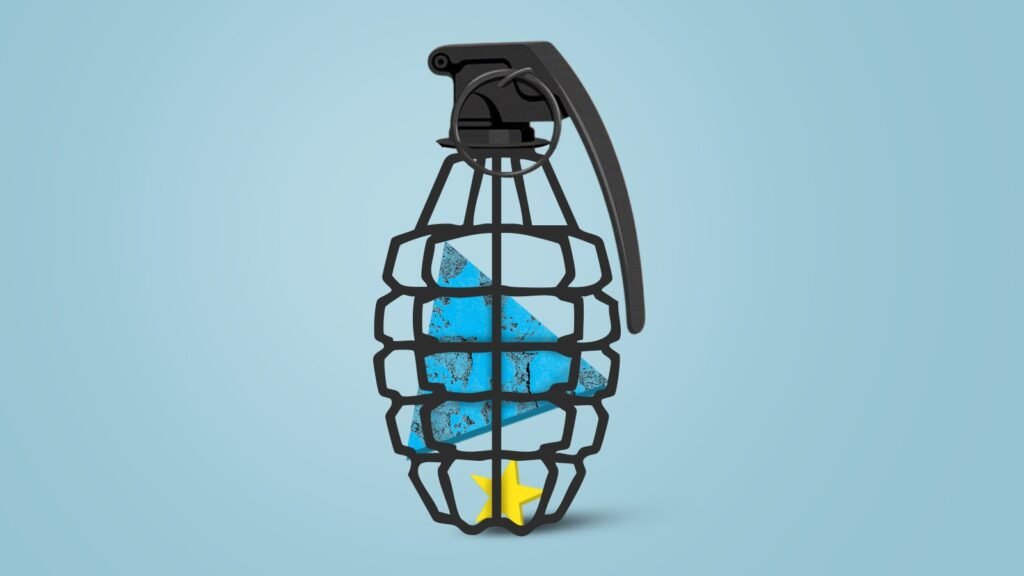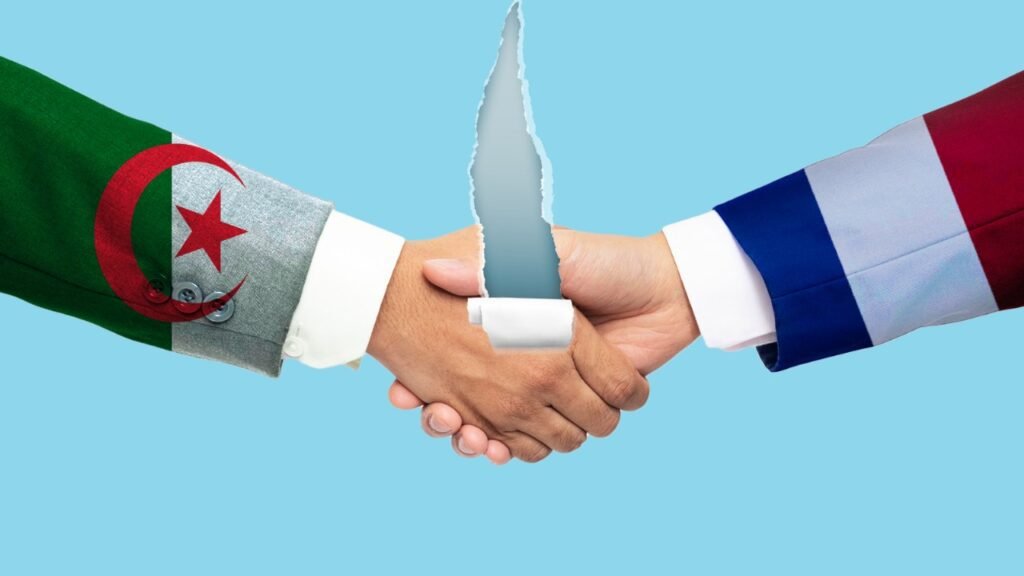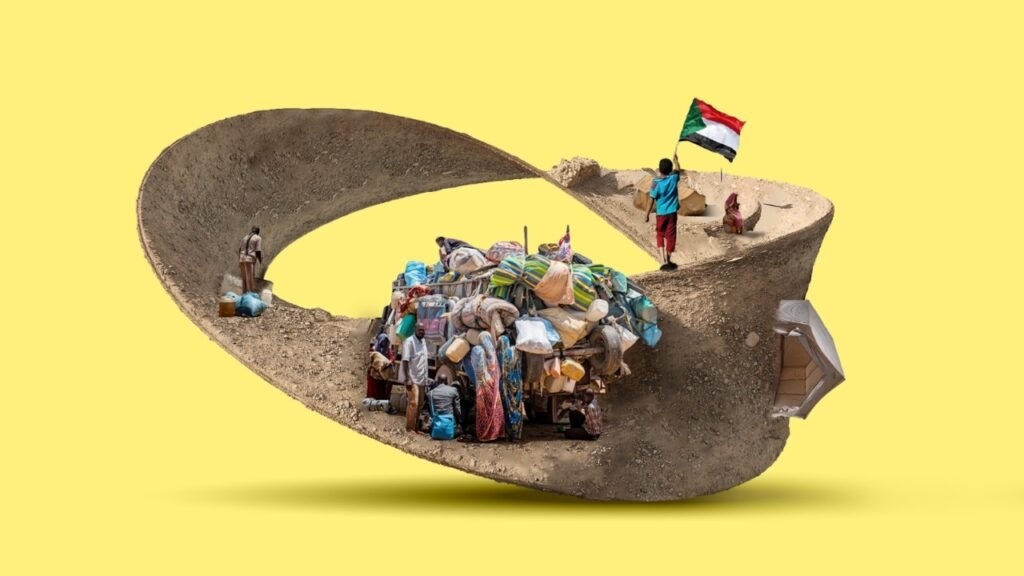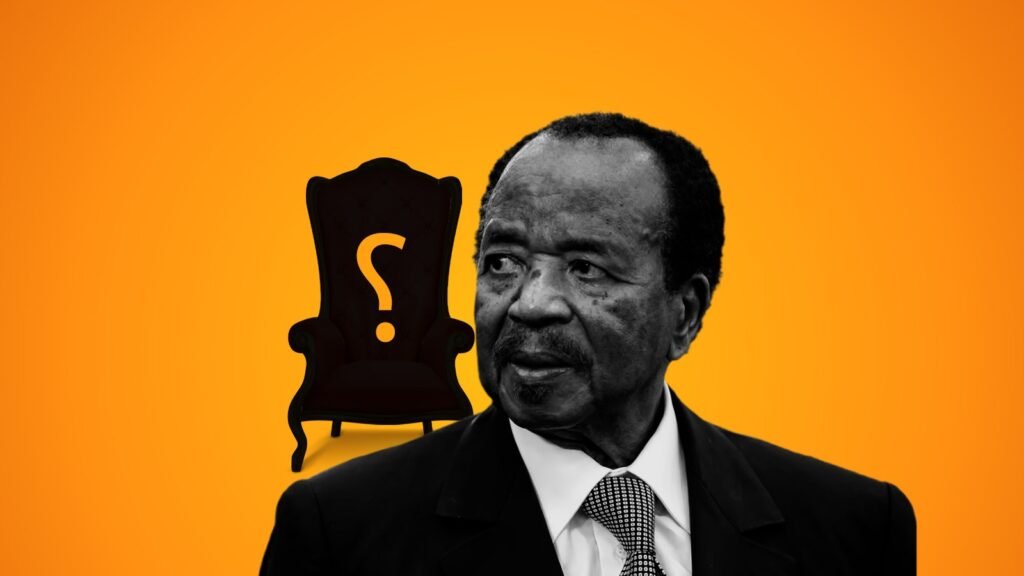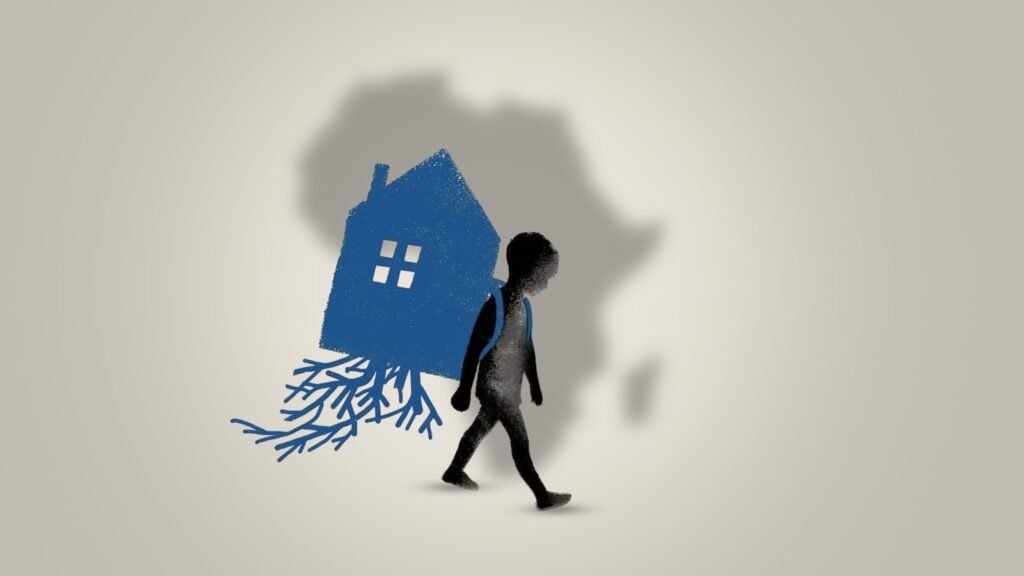As the conflict between the Sudanese Armed Forces (SAF) and the Rapid Support Forces (RSF) rages on, regional actors have increasingly found themselves drawn into the narrative surrounding the war. Among the countries facing allegations of involvement is South Sudan, which has long maintained a delicate diplomatic balance with its northern neighbor. Reports and claims seeking to implicate Juba in the ongoing power struggle have surfaced, raising concerns over regional stability and the potential for further escalation.
Since fighting erupted between SAF and RSF in April 2023, Sudan has descended into a brutal conflict, displacing millions and destabilizing an already fragile region. The war pits General Abdel Fattah al-Burhan, head of the SAF and de facto leader of Sudan, against his former deputy, General Mohamed Hamdan Dagalo, widely known as Hemedti, who commands the RSF. The hostilities, rooted in a failed power-sharing agreement, have evolved into a full-scale battle for dominance, leaving foreign actors wary of being drawn into the fray.
Against this backdrop, accusations have emerged suggesting that South Sudan is providing support to one side in the conflict. These claims, largely circulated by factions aligned with the warring parties, allege that Juba has either facilitated arms transfers or allowed its territory to be used as a logistical base. The South Sudanese government, led by President Salva Kiir, has categorically denied any involvement, emphasizing its commitment to neutrality and mediation.
South Sudan’s historical ties to Sudan complicate the situation. After decades of civil war, South Sudan gained independence from Sudan in 2011. However, the two countries remain economically intertwined, particularly in the oil sector, as South Sudan relies on Sudanese pipelines to export its crude. Any perceived South Sudanese interference in the war could jeopardize this economic lifeline, an outcome Juba is keen to avoid. Furthermore, South Sudan’s own fragile political landscape—characterized by internal divisions and a tenuous peace process—makes active involvement in Sudan’s conflict a high-risk proposition.
Despite these realities, some analysts suggest that elements within South Sudan could have independent stakes in the Sudanese conflict. Various armed factions, some with historical ties to either SAF or RSF, may be operating outside the control of the South Sudanese government. Additionally, reports indicate that illicit arms markets in border areas have thrived amid the war, leading to speculation that weapons are flowing across national boundaries.
The allegations against South Sudan appear to be part of a broader information war waged by both SAF and RSF. Each side seeks to delegitimize the other by linking its rival to foreign backers. In this context, accusing South Sudan of involvement serves multiple purposes: it pressures Juba diplomatically, deters it from mediation efforts, and fuels regional distrust. Sudan’s neighbors, including Chad, Libya, and the Central African Republic, have all faced similar accusations at various points, underscoring the wider geopolitical stakes of the conflict.
In response to these claims, South Sudan has doubled down on its role as a mediator. President Kiir has hosted multiple rounds of talks between Sudanese factions and continues to push for a negotiated settlement. Juba’s insistence on neutrality aligns with its broader diplomatic strategy—positioning itself as a stabilizing force rather than a belligerent actor.
To conclude, the attempts to implicate South Sudan in the conflict between SAF and RSF highlight the complexities of regional politics. While no concrete evidence has emerged to support claims of South Sudanese military involvement, the mere suggestion of such interference can have real consequences, from deteriorating diplomatic relations to economic setbacks. As Sudan’s war drags on, Juba must navigate these accusations carefully, ensuring that its role remains that of a peacemaker rather than a participant in an increasingly volatile struggle.
